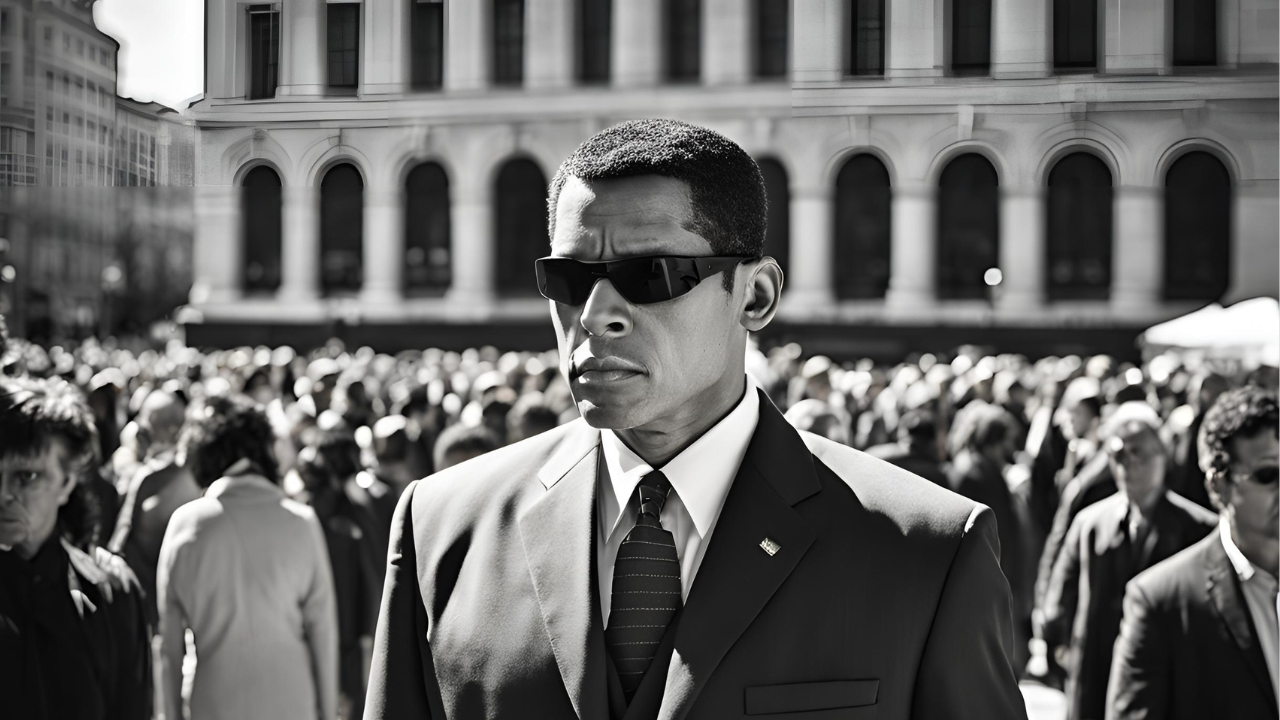After a chilling attempt on Trump’s life, the Secret Service is racing to keep up with threats in a divided America.
It wasn’t just a threat—it was an almost unthinkable act that could’ve changed America forever.
For the first time, the Secret Service has confirmed the existence of a credible assassination plot against Donald Trump. The revelation is chilling, not only for what it says about the rising danger in U.S. politics, but for what it exposes about the state of the nation: fractured, hostile, and more combustible than ever.
“It’s not just a Trump issue,” said Acting Secret Service Director Kimberly Cheatle. “We’re facing an environment where political violence has become alarmingly normalized.”
A Plot That Almost Succeeded
The details are still under wraps, but what we know is disturbing. This wasn’t some isolated crank making idle threats. The attempt was sophisticated, organized, and real enough to force an immediate overhaul in how the Secret Service protects high-profile figures.
This isn’t a first for Trump. As a former president and current GOP frontrunner, he remains one of the most polarizing figures in American history. But the gravity of this plot—and the admission that the Secret Service had to act fast to prevent it—shows just how volatile things have become.
Behind the Threats
What’s driving this surge in political violence? Cheatle didn’t mince words. She pointed to a toxic mix of:
• Polarization on Steroids: Social media, partisan media, and radical echo chambers have turned political opponents into enemies.
• Lone Wolves and Networks: While some threats come from uncoordinated individuals, others involve organized groups with resources and intent.
• Weakening Norms: Once-taboo acts like violence against politicians are now more openly discussed, even celebrated, in fringe circles.
This is the new reality for U.S. leaders, and it’s forcing a radical rethink of security measures.
A Changing Playbook
The Secret Service has always adapted to protect its high-profile charges, but this plot has accelerated the timeline for change. Cheatle outlined several critical shifts:
1. AI-Driven Threat Detection: New tech is being deployed to track and analyze threats across platforms in real time.
2. More Resources for Field Agents: A heavier emphasis on local partnerships and boots-on-the-ground intelligence.
3. Dynamic Protection Models: Moving away from predictable routines to keep candidates and leaders safer during travel and public events.
But even with these improvements, Cheatle admits the challenge is unprecedented. “The threats are faster, more adaptive, and more global than anything we’ve faced before.”
What It Says About America
The implications of this failed attempt are as important as the plot itself. This wasn’t just an attack on Trump—it was an attack on the democratic process. It’s proof that political discourse has degraded into something far more dangerous.
The ripple effects go far beyond the Secret Service:
• For the Public: Trust in government, already at record lows, will take another hit if people believe leaders aren’t being protected.
• For Political Candidates: The escalating risk could discourage good people from running, leaving a vacuum for extremists.
• For the World: A vulnerable America emboldens its enemies while shaking confidence among its allies.
It’s a stark reminder that political violence doesn’t just target individuals—it erodes the foundation of democracy itself.
America’s leaders aren’t just symbols—they’re human beings. When a former president becomes the target of an organized assassination attempt, it’s not just a headline—it’s a national emergency.
What Now?
The Secret Service is working to adapt, but the bigger question is whether the country can pull back from the brink. Because until the temperature drops, no amount of security will ever be enough.
